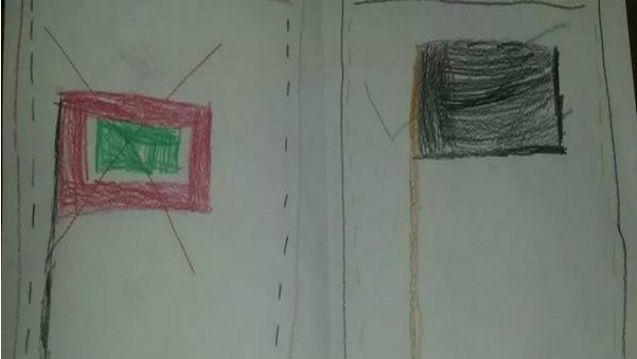A crisis of social cohesion
Controversy over an NGO report sheds light on deeper societal issues, writes Ibrahim Thayyib.

10 Oct 2019, 09:00
By Ibrahim Thayyib
The Maldivian Democracy Network report which is under public scrutiny for its contentious remarks about Islamic faith sheds light on deeper societal issues in the Maldives. The situation signifies the fast eroding social cohesion of the country, which is neck-deep in larger social and political issues that demands immediate action and solutions. Identity crises, inequality, and injustice, enabled by unholy political alliances and widespread corruption, are perhaps the greatest fault lines that Maldives faces. This has become a real source not only of conflict but also of violent extremism; evidenced by the confrontational behavior among ideological divides, the number of Maldivians joining violent extremist groups, and the murders that have taken place in the country.
The 2012 undemocratic power transfer should be a lesson never forgotten. The government’s failure, hitherto, to address the increasing fragmentation of society played a huge role in the power transfer. The narratives mobilized by the then opposition was largely built on the ‘national identity’ former President Maumoon Abdul Gayoom so well ingrained in the Maldivian psyche – one-people one-language one-religion. Today’s context, if unaddressed strategically, is likely to result in an unimaginable fissure along the fault lines, political turmoil, and instability.
Despite the generally disseminated idea of a singular identity, Maldivians represent diversity which should be acknowledged, respected, and accepted as is. The identity of oneness should be rethought and reconstructed grounded in the ideals of humility, equality, and justice. The expectations for a better democracy and a stronger human rights regime following the change of government in 2018 is far from becoming a reality. In contrast, what can be seen is that the State is sympathetic towards populist narratives which inherently promotes injustice, inequality, and intolerance.
Become a member
Get full access to our archive and personalise your experience.
Already a member?
Discussion
No comments yet. Be the first to share your thoughts!
No comments yet. Be the first to join the conversation!
Join the Conversation
Sign in to share your thoughts under an alias and take part in the discussion. Independent journalism thrives on open, respectful debate — your voice matters.




